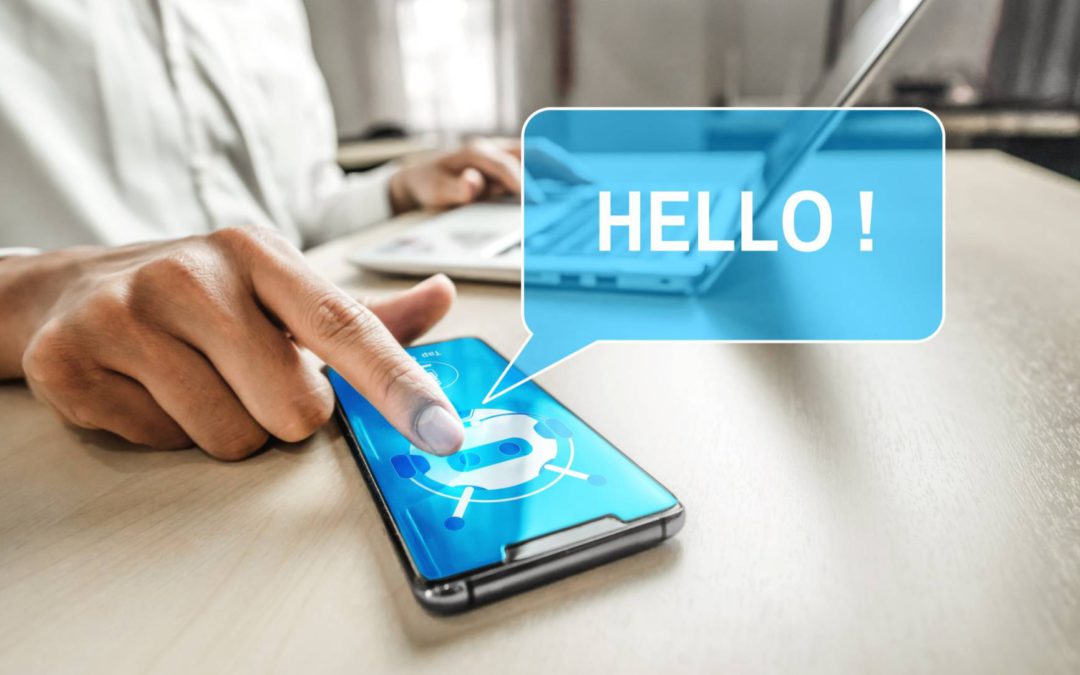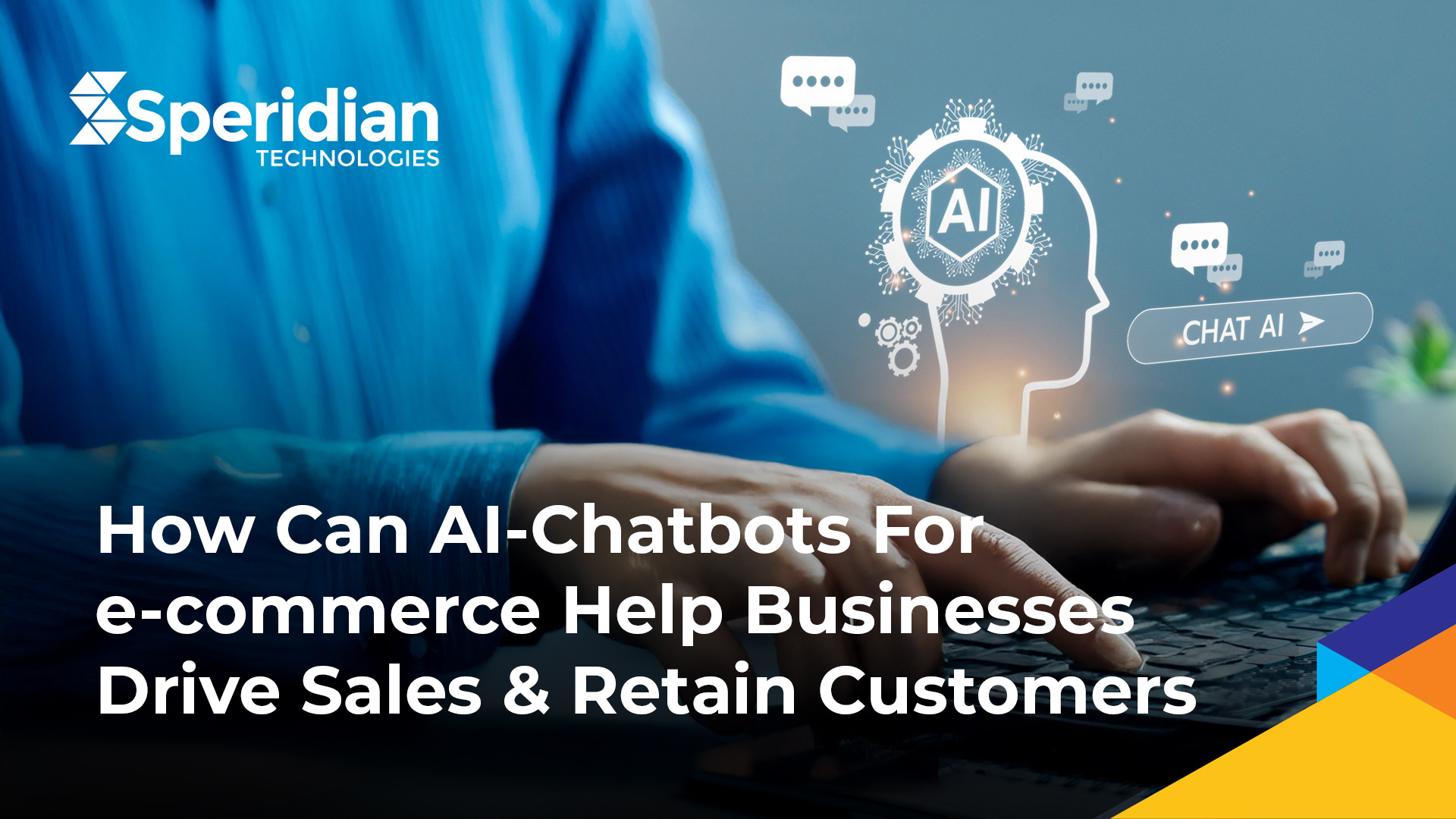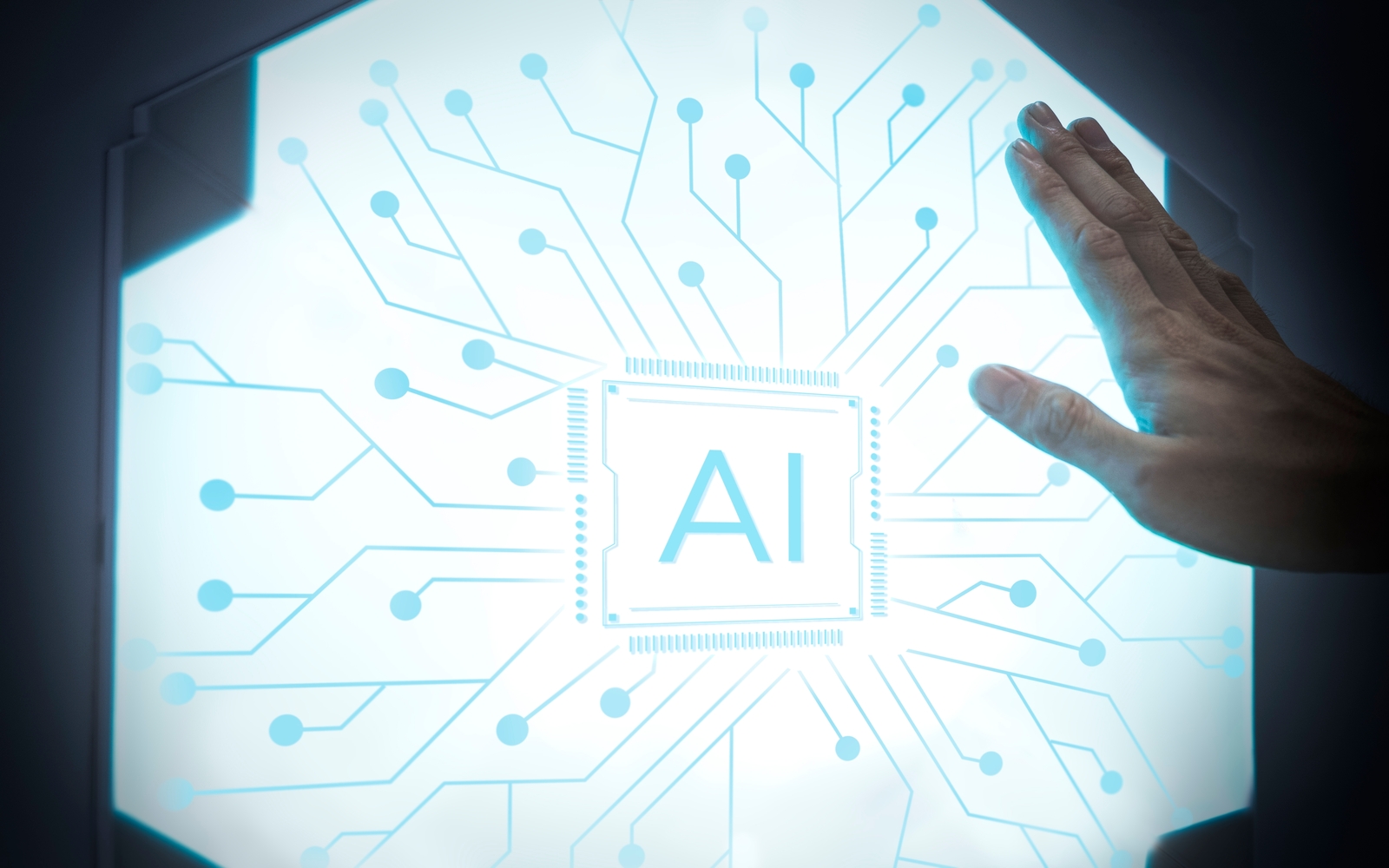Chatbots in healthcare is considered a potential solution to some of the most pressing issues facing the healthcare industry. Doctors and medical staff using chatbots can benefit from help with privacy concerns, usability issues related to language barriers, and interoperability hurdles with electronic health records. From collecting data to addressing duty of care issues when patients are speaking to a bot instead of a medical professional, chatbots can save healthcare organizations time and resources.
Table of Contents
- What can chatbots do in healthcare?
- Chatbots can help reduce wait times for patients
- Chatbots can analyze symptoms
- Chatbots can answer questions about insurance coverage
- Chatbots can help find a doctor or hospital nearby
- Chatbots can answer questions about the complexities of a disease
- Chatbots can track patient outcomes
- Chatbots can keep patient records
- Chatbots in Healthcare – A Way Forward
What can chatbots do in healthcare?
Chatbots can help reduce wait times for patients
Patient wait times are one of the most criticized aspects of U.S. healthcare. Implementing chatbots in healthcare will reduce these wait times by interacting with patients and answering questions. Chatbots can also remind patients of upcoming appointments or specific time slots for upcoming appointments. This will help improve patient satisfaction rates in the long run.
Chatbots can analyze symptoms
Once symptoms have been provided by the patient, the chatbot analyzes the symptoms, diagnoses the complaint, and suggests medical treatment. Chatbots in healthcare can also be programmed to suggest a specialist based on the symptoms of a particular disease.
Chatbots can answer questions about insurance coverage
Chatbots can provide answers to common insurance questions such as copay amounts or plans that cover pre-existing conditions. The information provided can be critical in helping patients make important healthcare decisions that reduce their out-of-pocket expenses.
Chatbots can help find a doctor or hospital nearby
When a patient has an urgent medical need and doesn’t have time to arrange for a visit with a doctor or hospital, chatbots can help find local medical care. Integrating location access with chatbots in healthcare, patients can find the exact location of the nearest walk-in clinic, urgent care center, or hospital that can accept an individual’s insurance.
Chatbots can answer questions about the complexities of a disease
With the help of chatbots, doctors can provide patients with accurate information about the complexities of certain diseases. This saves time for both patients and medical professionals by automating or completing tasks.
Chatbots can track patient outcomes
The more data is collected by chatbots used in clinical care, the more data there will be on how well a treatment is serving patients. This means that it will be easier to collect results of clinical trials that compare different treatment methods or drugs, accelerating the adoption of new therapies.
Chatbots can keep patient records
Chatbots in healthcare may someday have access to a patient’s complete medical record from hospitals, clinics, pharmacies, and laboratories that are accessible via the patient’s health ID number. This means medical information can be quickly provided to a physician or other healthcare professional who is caring for a patient. These records of patients can help predictive analytics in healthcare.
Chatbots in Healthcare – A Way Forward
Chatbots improve access to healthcare, as well as save money, time, and other resources for healthcare providers. The long-term benefits of this technology for clinical care include increased interoperability among medical devices and software. Chatbots also provide accurate information about treatment options and potential therapies for patients.
The large-scale adoption of chatbot software in healthcare is on the rise and the future seems promising. By utilizing state-of-the-art chatbot software, Speridian is helping its clients increase the accuracy of medical information and helping healthcare organizations operate more efficiently through pre-programmed automation techniques.





